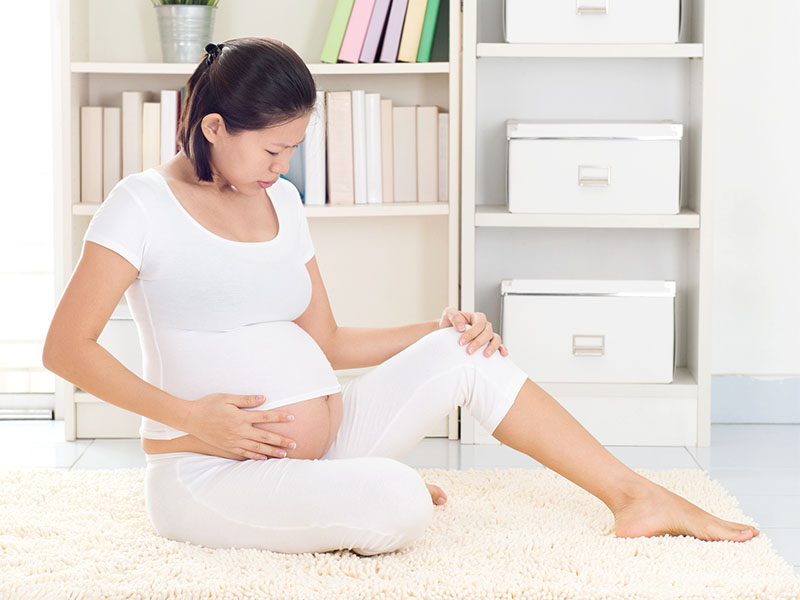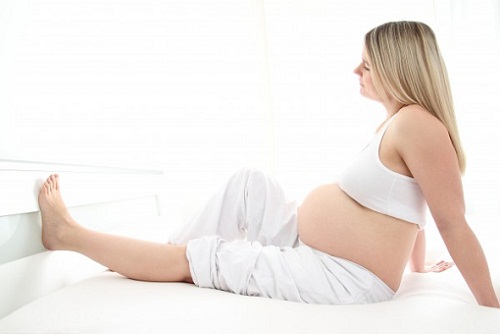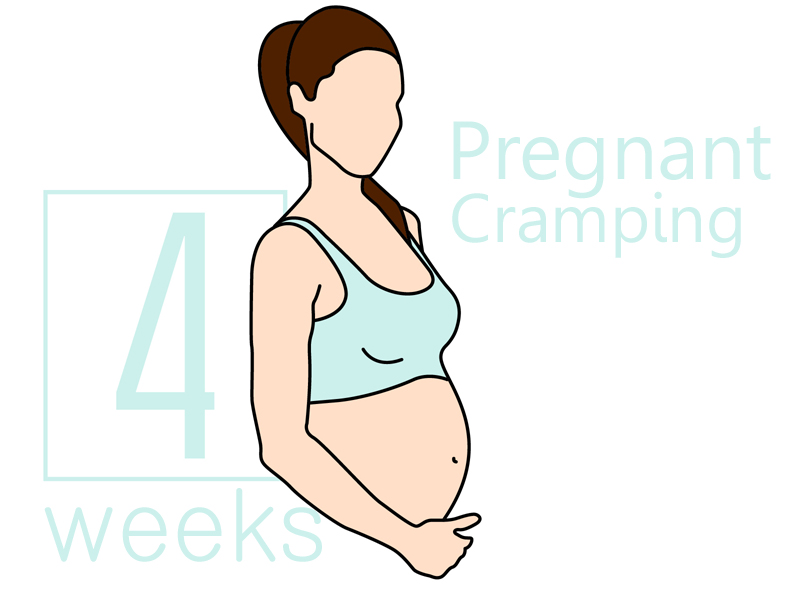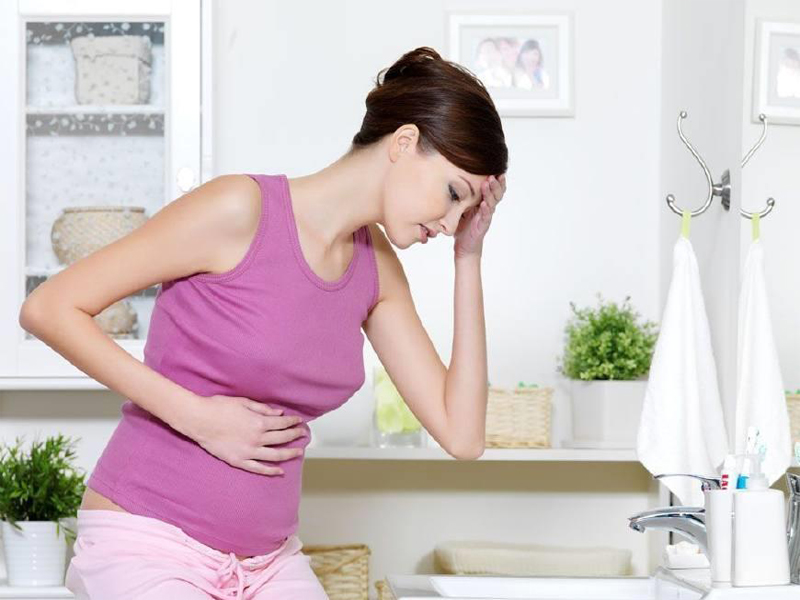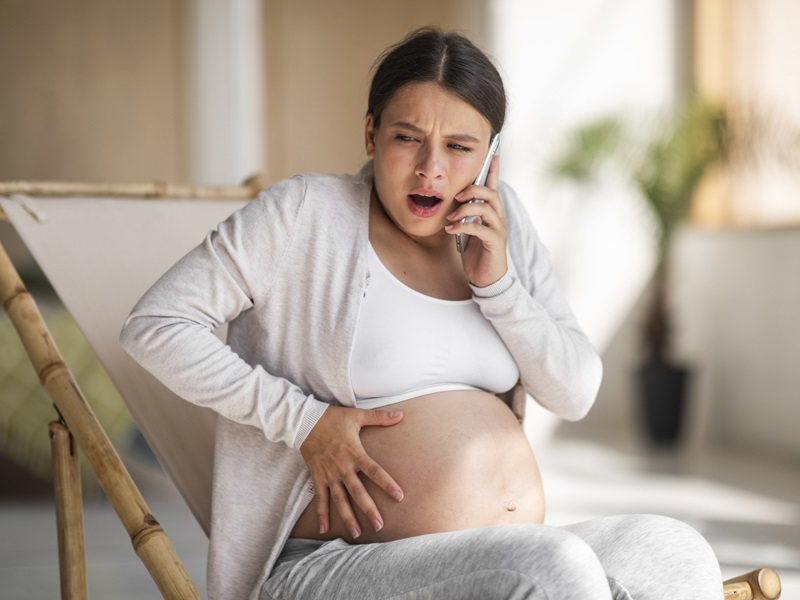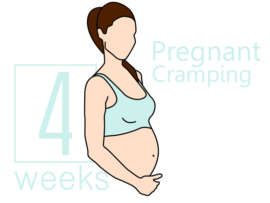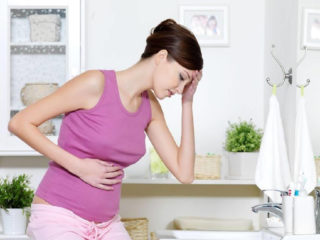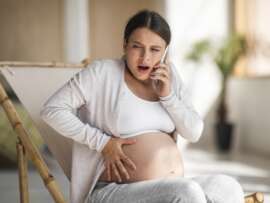Cramps during pregnancy are quite a common thing for many women. As the women go through several body changes at this phase, leg cramps during pregnancy can be a concern for many. They can be painful, and many may also require attention to these cramps to get some relief. However difficult these can get, we have all about the leg cramps during pregnancy and the concerns related to it – just for you to help out.
Several expecting mothers face leg cramps and pregnancy at this phase, and here is what one should know all about it. Right from, what causes leg cramps to how to prevent them and remedies from taking care of them, we have it all! Let us learn all about them today.
What are Leg Cramps, and When does it Start?
Leg cramps in pregnancy are involuntary contractions in the calf and foot muscles or both, and these are pretty common during pregnancy. The spasms of leg cramps can radiate up and down your calves during the day, but they’re usually more prominent at night. It is when fatigue, fluid accumulation, and retention are at the peak. Leg cramps while pregnant are especially common after the second trimester of pregnancy, when there is weight gain due to pregnancy, increased swelling due to changes in blood circulation, and overall fatigue are on the rise.
They may get worse as your pregnancy progresses and your belly gets bigger. The cramps are experienced mainly during nighttime. However, one might also experience cramps during the day. The excruciating pain of the leg cramps can make it difficult for you to sleep at night and work during the day. According to studies, around half per cent of all pregnant women experience leg cramps in the journey (1).
See More: Cramping In Pregnancy
Causes of Leg Cramps During Pregnancy:
The exact cause and reason for leg cramps during pregnancy is unknown. Still, there are guesses on how the cramps are due to bodily changes, weight changes in the process of pregnancy, fatigue, and blood circulation alterations.
The most common causes of leg cramps during pregnancy are as follows:
1. Blood circulation changes:
The blood circulation process slows down during pregnancy. The bodily changes, rapid expansion, and weight gain, hormonal changes are often the causes behind the changes in the blood circulation process. As a result of these changes, there would be an increase in blood volume inside the body but a slowing of circulation. This can lead to cramping of the legs, especially after the second trimester and near the third trimester.
2. Weight gain:
The weight gain during pregnancy is quite average; given the body growing inside, you can also increase on the weight scale. This rise in weight can affect your nerves, blood vessels, and veins. This can lead to leg cramps during this period. The most common tip is to stay active and have little walks to seek some relief from the cramping.
3. Dehydration:
Most of us often do not seriously consider the daily water intake prescribed to adults, especially pregnant women. Do you know, the reduction in water intake and dehydration can reasonably lead to leg cramps? Try to increase this, and you can notice a change too.
4. Blood clot:
Do you know, pregnant women are prone to develop deep vein thrombosis blood clots more than non-pregnant women. Yes, several studies prove the same (2). This can lead to severe to light leg cramps at this phase, and the easy way out is to stay active again and keep moving.
5. Fatigue:
Fatigue and body weakness can lead to pressure near muscles, in turn leading to leg cramps. This can be overcome by drinking enough water, light stretches and walks during the day.
6. Calcium and Magnesium deficiency:
A suitable dosage of vitamins, additional calcium, and magnesium (3) supplements can reduce cramps and pains, including uneasiness. The supplements should be according to the dosage given by the doctor to meet the physical requirements, which differs as per the individual. Studies, overall, support that regular supplements can help in the cramps (4).
How to Cure Leg Cramps in Pregnancy:
Leg cramps by now, as we understand, are pretty common for several pregnant women and expectant mothers. But it is not so easy to manage them or go through the pain on an everyday basis. When a sudden attack of leg cramps hits you, you can do the following to relieve yourself.
- Straighten your leg and gently flex your ankle and toes back toward your shins several times.
- You could try standing on a cold surface, which can sometimes stop a spasm.
- Massage your calf and leg muscles to relieve the contraction.
- Walk around a bit to relax the muscles in the leg.
- Try using a hot water bottle or a heating pad to cure the cramps.
- If nothing works, visit a doctor or expert as it can be a case of blood clotting.
See More: Having Periods During Pregnancy
How to Prevent Leg Cramps During Pregnancy?
It’s best to prevent and have pregnancy leg cramp relief when it hasn’t hit hard yet to try to deal with it in a sudden attack. Here are a few ways to prevent cramps.
1. Aerobic Exercise:
Stretching exercises can be easy for stopping the cramps, even before they strike. Before you hit the bed after a long and tiring day, rest your hands on a wall by standing two feet away from it. Keep your heels on the floor and lean forward. Stay in this position for about ten seconds, and then relax for about five seconds. Repeat this simple exercise three times every night before going to bed.
2. Posture:
Have periods of rest every alternate period of activity, such as not to overwork your body. Put your feet up as often as you can when you’re seated.
3. Clothing:
Wear a support hose during the day to support the weight around. Do not wear uncomfortable clothes and outfits at this point in time.
4. Hydrate Yourself:
Make sure you’re drinking enough fluids, at least eight glasses a day. Keep yourself hydrated and active. This can ease up and avoid leg cramps too.
5. Proper Diet:
Eat a well-balanced diet that includes lots of calcium, magnesium, vitamins, and minerals. Yogurt has many health benefits. You could consist of yogurt in your diet. Bananas also are popular as they have high doses of magnesium. Take approved and suggested vitamin supplements to guarantee the consumption of essential vitamins and minerals. Take good nutritious food to prevent leg cramps during pregnancy too.
6. Everyday Walk:
Unless your doctor has strongly recommended otherwise, a short walk every day will help the muscles in your legs not disturb your night’s slumber. It will prevent the leg muscles from contracting and having spasms at night. This helps to overall control upper and lower leg cramps during pregnancy, including muscle and foot cramps in the legs.
7. Warm Bath:
You can try having a warm bath every night before hitting the bed to relax your muscles and relieve yourself from the long and tiring day. This will help fight leg cramps during pregnancy.
8. Do Not Overwork:
Avoid getting too tired for any reason whatsoever. Lie down on your left side to improve circulation to and from your legs. Do not stress yourself with household chores or any other physical work.
9. Proper Footwear:
Choose shoes that spell comfort, support, and utility. It will be beneficial if shoes with a firm heel counter are worn. The part of the shoe that surrounds the heel and helps lock the foot into the shoe is called the counter. Avoid heels and shoes that do not fit properly.
Home Remedies for Leg Cramps During Pregnancy:
The following easy home remedies can help seek comfort amidst the leg cramps during the pregnancy process.
A. Stretching:
The first and foremost leg cramps in pregnancy treatment include stretching. Like the prevention technique, you can also do stretching to seek relief from leg cramps. Stand facing the wall and place hands on the wall before you. Place your right foot back, heels on the floor, and bend your left knee slowly. Make sure your right leg is in a straight posture. Feel the stretch with the bend in calf muscles.
B. Overall Exercise:
Just like stretching, regular little activities and exercise can help keep the body active for leg cramps during pregnancy. Whether it is yoga or walk, or swimming, it will significantly benefit your overall health and the baby. It also, in turn, promotes blood circulation, leads to a healthy weight, and relaxes your muscle cramps.
This, in turn, means that we emphasize not to sit idle and be inactive. Be active for few hours a day, and listen to your body. Do not overdo any exercise or activity, but do not sit idle too. Know the moderations, and you will be at the best of your health.
C. Stay Hydrated:
As reiterated above, drink lots of water. Nothing is as important as hydration in the process of avoiding cramps during pregnancy. Dehydration can lead to an increase in cramps, and good hydration can only reduce the effect.
D. Massages:
Do a self-massage to ease the pain and cramps. Massage your calf and legs area, which gives pain for about 1 minute. You can alternatively also visit a therapist and pre-natal massage center for relief. This also can help to avoid and manage leg cramps at night during pregnancy.
E. Heat Application:
Use a warm cloth or heat bag to apply heat near the muscles and cramps. Gently massage and let it stay for few seconds, and repeat the procedure for best results. This can greatly help to manage severe and frequent leg cramps during pregnancy.
F. Epsom Salt:
A warm often helps with the cramp and pain, but try a warm bath with Epsom salt. It is usually a little more practical. The warm bath with this salt helps you relax overall, and it eases the tension in your muscles.
G. Ginger:
Ginger is almost indispensable. The magnesium content in it helps tackle leg cramps. Try this method of making ginger tea:
- Grate one tablespoon of fresh ginger.
- Add it to two cups of water and bring it to a boil.
- Leave it on the pan with a lid on for about 10 minutes.
- Strain the tea.
- Add a spoon of honey and squeeze the juice of half a lemon and enjoy this tea.
This homemade ginger tea not just eases cramps but helps with digestion, flu, cough, etc.
See More: Varicose Veins in Pregnancy
When to Consult a Doctor?
Although leg cramps are common during and in second and late pregnancy, they are not easy to manage. If your leg cramps are very regular, persisting, and very painful, do not seem to reduce or control over a period of time, it is best to consult your health care provider and doctor. You may require medicines and treatment if it causes too much pain and uneasiness. Even if you experience heavy swelling or enlarged veins during cramps, it is best to consult your doctor or health care provider for treatment.
Leg cramps during pregnancy are a prevalent issue faced by expectant mothers and pregnant women. However, they can be controlled and managed by home treatment and remedies. They may get severe with swelling and redness in some cases, at which point you have to consult your doctor. We hope you have learned how to manage leg cramps and pregnancy. Let us know your thoughts; we love to hear from you!
Disclaimer:
The information given above is only for informational and educational purposes. Always consult your doctor and healthcare provider for better inputs and personalized information, depending on your health conditions and body type. We are not responsible for any errors.


